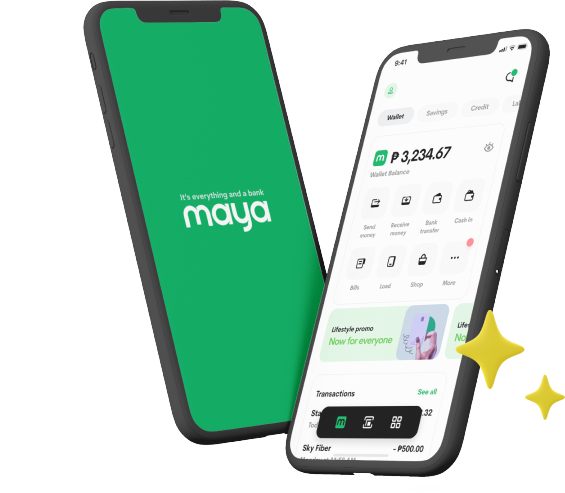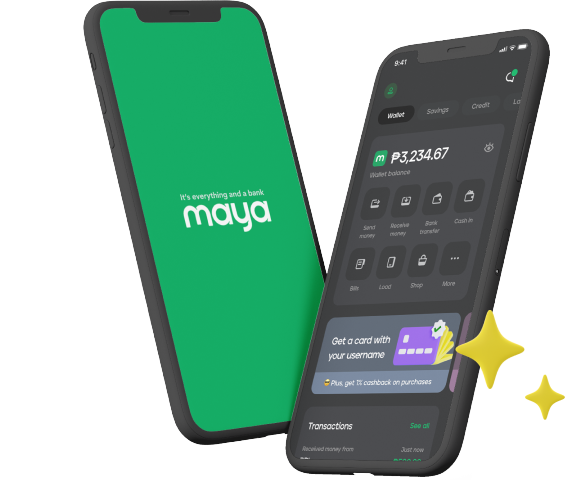A budget is a financial plan that helps you manage your income and expenses every month, ensuring you can cover your needs and wants. It’s also a tool that allows you to allocate your money in a way that aligns with your financial goals, whether that’s growing your savings or preparing for upcoming big-ticket expenses. Having a budget is important because it provides clarity on where your money is going, helping you avoid overspending and financial stress.
However, not all budgets work as intended. Some may be too rigid while others may fail to account for unexpected expenses. This is where a flexible, realistic budget tailored to your lifestyle comes into play. With the right approach, a practical monthly budget can become a powerful tool that will help you manage your money effectively and achieve your financial goals.
Here are some tips to help you develop a monthly budget that works and supports your long-term financial well-being.
1. Assess Your Current Finances
The first step in creating a sustainable budget is understanding your financial situation. Start by listing all your sources of income, whether it’s your salary or side hustle earnings. Then, categorize your expenses into essentials, such as rent, utility payments, and groceries, and non-essentials, like dining out or online streaming subscriptions. From here, you can identify your financial obligations and areas of overspending. This will help you determine where adjustments can be made to allocate funds more effectively.
2. Take Your Lifestyle Into Account
When creating a budget, it’s important to consider your lifestyle because your spending habits and financial needs are shaped by how you live. For instance, if you have children, you may need to budget for school supplies or childcare. If you enjoy activities like dining out or traveling, your budget should reflect these preferences without making you feel deprived.
Taking your lifestyle into account ensures that your budget is realistic and practical for your specific needs. A budget that ignores these factors can lead to frustration and cause you to overspend in areas that aren’t aligned with your life or to sacrifice things that are important to you.
3. Use Credit Cards Strategically
Credit cards, when used wisely, can complement your budgeting efforts. Cards that offer perks like cashbacks and discounts on specific purchases, such as groceries or dining out, can help you save money in the long run. If you don’t already have such a credit card, consider applying online for convenience. Many banks now offer streamlined credit card online applications with faster approval processes. Maya, for example, offers a quick and easy way for customers to apply for the Landers Cashback Everywhere Credit Card, right on their Maya app.
The Landers Cashback Everywhere Credit Card gives you up to 5% cashback at Landers, 2% on dining spends, and 1% on all other qualified transactions.* These cashback points earned from qualified transactions can be converted into vouchers that you can redeem at any Landers branch nationwide, helping you get the most out of your monthly budget. Cardholders can also enjoy a generous annual cashback cap of PHP 200,000, making this one of the most competitive cashback credit cards available in the country today.
4. Set Aside a Miscellaneous Fund
Unexpected expenses, such as a minor home repair or a slight increase in your electricity bill, can catch you off guard. To avoid disrupting your budget, set aside a small amount each month specifically for these unforeseen costs. This additional category acts as a buffer, helping you cover unexpected expenses without requiring you to take money from other important allocations, like your savings or investments. Setting aside even modest amounts can make a big difference, allowing you to handle surprise expenses while keeping your budget intact.
5. Make Room for Fun
Budgeting doesn’t have to feel restrictive. Include a small allowance for leisure activities, like dining out, watching movies, or buying something you enjoy. This ensures you don’t feel deprived, which could actually lead to overspending later on. By balancing financial discipline with occasional treats, you can maintain a budget that is sustainable and fulfilling.
6. Keep in Mind That Every Month Is Different
Every month comes with its own unique financial demands. For example, you may spend more during the holiday season or school enrollment periods. Be sure to adjust your budget to account for these seasonal expenses. Being flexible and planning ahead for months with higher costs ensures you can stay on track without straining your finances.
7. Review and Adjust Your Budget Regularly
A budget is not a one-size-fits-all plan; it needs to evolve with your circumstances. Make sure to set aside time each month or quarter to review your budget. During this time, assess whether your income or expenses have changed and adjust your allocations accordingly. For example, if you’ve received a salary increase, you can allocate more to your savings or pay off your debts faster. Regular reviews ensure that your budget remains practical and aligned with your financial goals.
A well-planned budget empowers you to manage your finances and handle life’s uncertainties. It’s not about restricting yourself but about making conscious decisions that align with your income and lifestyle. With consistency, flexibility, and a focus on your personal needs, you can develop a budget that works for you and contributes toward building a financially secure future for yourself.
*Transactions that don’t qualify include: cash in, cash advance, quasi cash purchases, casinos and gambling, fuel, supermarket, pharmaceuticals, utilities, telco, and government
You might also like
These Stories on Maya Bank





